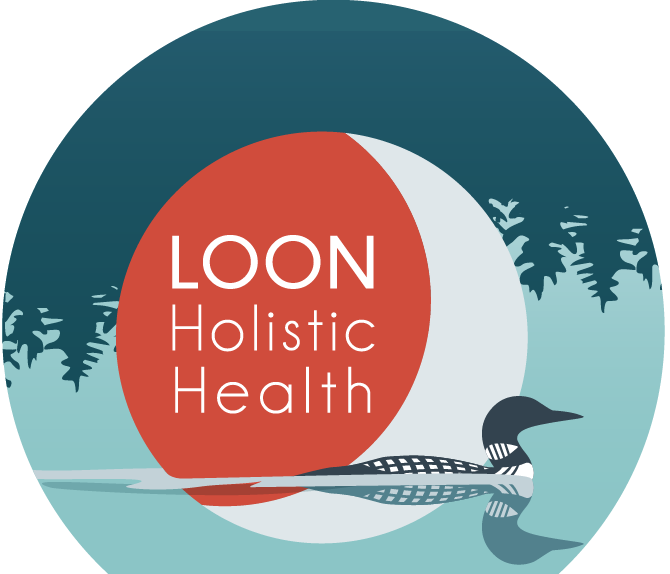Licensed Acupuncture vs Dry Needling or Chiropractic Needling
Acupuncture vs. Dry Needling: Why Acupuncture Is the Safer, Smarter, and More Effective Choice
In recent years, needling has gained popularity in physical therapy and chiropractic circles. It’s often described as “similar to acupuncture,” but this is misleading and, frankly, dangerous. While both techniques use thin needles, the training, philosophy, safety, and effectiveness of acupuncture and dry needling are worlds apart.
As a licensed acupuncturist with over 10 years of experience, I want to help you understand the real differences—and why acupuncture should be your first and only choice when it comes to needling therapies.
Let’s Start With Training: Education Matters
A licensed acupuncturist (L.Ac.) undergoes some of the most rigorous training in healthcare when it comes to using needles safely and effectively.
Here’s what it takes to become a licensed acupuncturist in most U.S. states:
✅ 3 to 4 years of graduate-level education
✅ Over 3,000 classroom and clinical hours
✅ In-depth study of anatomy, physiology, pathology, and biomedicine
✅ Comprehensive training in Chinese medical theory, including pulse and tongue diagnosis, herbal medicine, and treatment of internal conditions
✅ Supervised clinical internships with hundreds of hours of hands-on experience
✅ Passing national board exams through the National Certification Commission for Acupuncture and Oriental Medicine (NCCAOM)
This is not a weekend workshop. It’s a full-time, intensive medical education focused specifically on how to heal the body using safe, effective, time-tested techniques.
Now Compare That to Dry Needling
Dry needling is usually performed by physical therapists, chiropractors, or other healthcare providers who complete a short continuing education course—often just 20 to 80 hours. That's less than two weeks of training.
They do not receive:
🚫 Training in Traditional Chinese Medicine
🚫 In-depth instruction in needling technique, depth, or energetic systems
🚫 Supervised clinical experience with needles before treating the public
🚫 Education in how needling interacts with complex health conditions
And What About Chiropractors Who Offer “Acupuncture”?
Many chiropractors now offer acupuncture services—but in most cases, they are not fully trained in Traditional Chinese Medicine. In Minnesota, a chiropractor can legally practice “acupuncture” after a short certification course—sometimes just 100 hours.
Let’s be clear: This is not the same as receiving care from a licensed acupuncturist.
Chiropractic acupuncture lacks:
The diagnostic depth rooted in Chinese medical theory
The ability to treat internal conditions, not just musculoskeletal pain
The extensive clinical experience needed to ensure safe and effective treatment
Acupuncture: More Than Just Pain Relief
Dry needling and chiropractic acupuncture tend to be symptom-focused—they aim to “release” a tight muscle or reduce localized pain. While this can sometimes offer temporary relief, it does nothing to address the root cause of the issue.
Acupuncture takes a broader view. It treats the whole person—not just the symptom—by addressing:
Stress and emotional well-being
Digestion and gut health
Hormonal and immune function
Sleep quality and energy levels
Chronic inflammation and pain from within
By restoring balance in the body’s internal systems, acupuncture not only helps with pain—it promotes true, lasting healing.
✈️ Would You Let a Weekend-Trained Pilot Fly Your Plane?
Choosing a licensed acupuncturist over someone offering dry needling or chiropractic acupuncture is like choosing a trained airline pilot over someone who just took a weekend flight simulator course.
Imagine boarding a plane and the pilot says,
“Don’t worry—I’ve had a couple days of training and watched a few videos. I’m ready to fly.”
Would you feel safe? Of course not.
You’d want someone who’s logged thousands of hours, trained in real-life conditions, and understands how to handle any situation in the air.
That’s what it’s like with acupuncture.
The body is intricate, sensitive, and deeply interconnected. Needles are powerful tools—when used by someone with the proper education and skill. In the hands of someone with minimal training, they become risky and ineffective.
Choose Expertise. Choose Safety. Choose Acupuncture.
When it comes to your health, education and experience matter.
Dry needling and chiropractic acupuncture may be marketed as “quick fixes,” but they lack the depth, training, and safety record of true acupuncture. You deserve care from a practitioner who is fully trained, deeply skilled, and wholly dedicated to your long-term well-being.
Don’t settle for less than a licensed acupuncturist.

